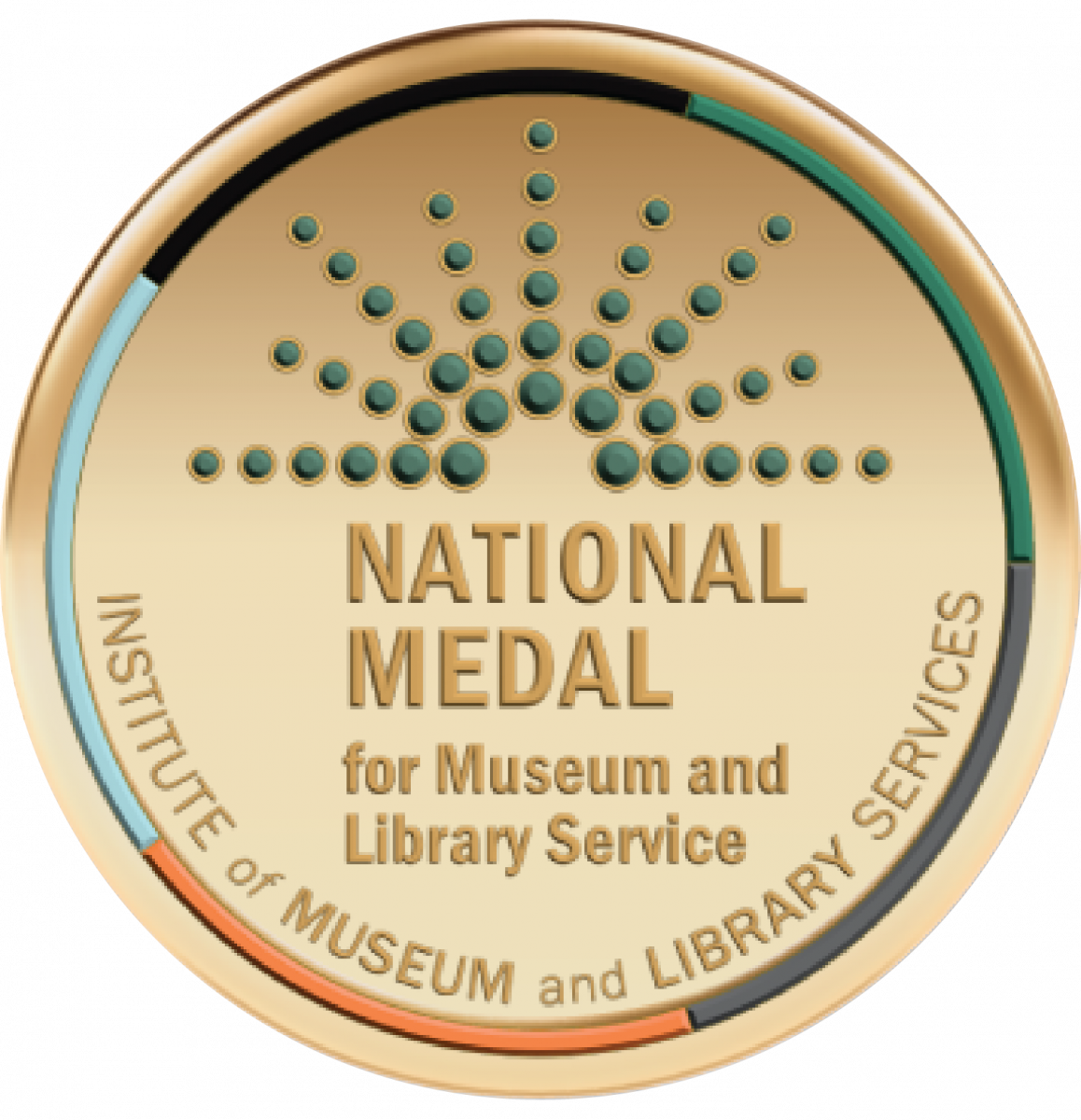Scope
The Library bars all animals from Library premises, except animals used in Library sponsored programs, and service animals as defined below. This policy informs Library staff and the public about what constitutes a service animal and the rights and expectations of individuals who bring a service animal to the Library. Significant portions of this policy are based on the definitions and requirements regarding service animals under the Americans with Disabilities Act (ADA). This policy reaffirms the Library’s commitment to being an inclusive and accessible space for all patrons.
Definition of a Service Animal
- A service animal is a dog or miniature horse that has been individually trained to do work or perform tasks for an individual with a disability, and which accompanies the individual to the Library. The task(s) performed by the dog must be directly related to the person’s disability.
- “Comfort,” “therapy,” or “emotional support” animals are not service animals because they have not been trained to do work or perform a specific task related to a person’s disability and, therefore, are not be permitted in the Library.
- Service animals must be under the control of the handler at all times and be harnessed, leashed, or tethered, unless these devices interfere with the service animal's work or the individual's disability prevents them from using these devices. Individuals who cannot use such devices must maintain control of the service animal through voice, signal, or other effective controls.
- Under Township of East Brunswick Code Section 83-14(E), a dog needs to be “securely fastened to an adequate leash not more than eight (8) feet long and is accompanied by a person capable of controlling it.”
- Service animals must never be left unattended on Library grounds.
- Service animals need not wear any identifying vests, harnesses, or other indications they are service animals. Library staff shall not request to see any documentation for a service animal, such as medical records, ID cards, or training certificates, and shall not ask about an owner’s disability.
Verifying the Status of Service Animals
- If a question arises about whether a dog is a service animal, Library staff are permitted to ask two questions (and only these questions):
- Is the animal required because of a disability?
- What work or task has the animal been trained to perform?
- If the patron responds in the affirmative and provides clarification, the Library staff member shall take the individual at their word, and let them bring the service animal into the Library.
Service Animals’ Conduct in the Library
- Service animals may be excluded from the Library only if:
- The dog is out of control and the handler cannot or does not regain control; or
- The dog is not housebroken.
- Individual with service animals are held to the same standards as all other visitors to the Library, so if the individual and their service animal may be removed from the Library if for violating the Library Code of Conduct or other Library policy. For example, if the individual and/or their service animal is disrupting other patrons’ quiet enjoyment of the Library or by interfering with Library staff members’ ability to perform their job duties, they may be removed the same as any other patron. If the removal relates solely to the conduct or status of the service animal, the individual shall be permitted to obtain materials or Library services without the animal’s presence.
- Patron complaints of allergies or fear of animals are not valid reasons for denying access or refusing service to individuals with service animals. If Library users raise those issues, Library staff should help them find a different place in the Library to continue to use the Library.
Miniature Horses as Service Animals
The ADA allows the consideration of a miniature horse to also be recognized as a lawful service animal. Therefore, an individual with a disability may be allowed to utilize a miniature horse as a service animal, subject to all of the restrictions stated in this policy, including the additional considerations below. When determining whether to allow a miniature horse to function as a service animal, the Library may consider the following before permission is granted to utilize a miniature horse as a service animal:
- The horse in question may be no more than 34 inches tall and weigh no more than 100 pounds;
- The horse must have been individually trained to do work or perform tasks for the benefit of the individual with a disability;
- The handler of the horse must be able to be in control of the horse and the horse must be housebroken; and
- The presence of the horse may not compromise the legitimate safety requirements that are necessary for the safe operation of the Library.

